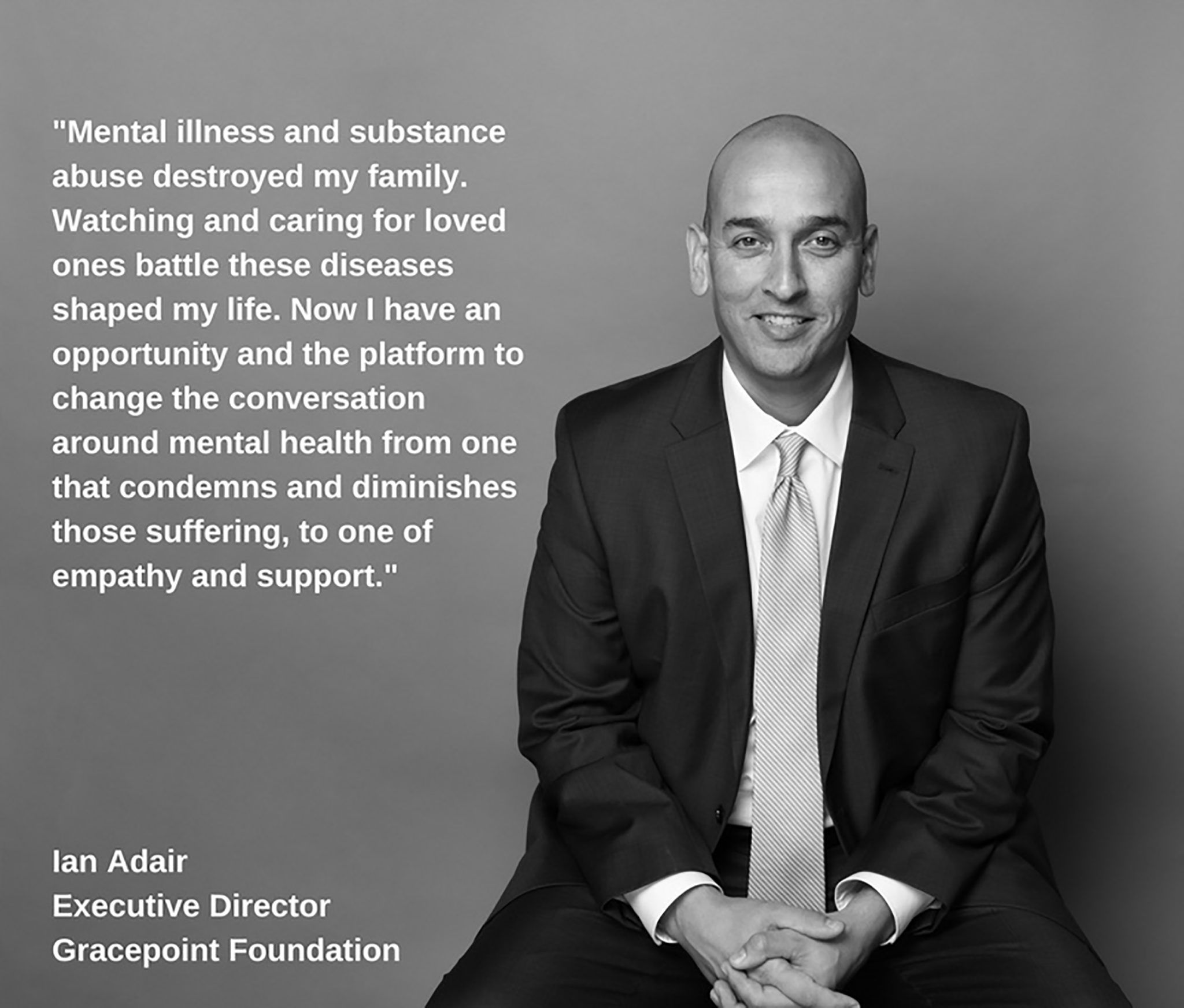According to the Centers of Disease Control and Prevention, since 2008, suicide has ranked as the 10th leading cause of death for all ages in the United States. In 2016, suicide became the second-leading cause of death for people 10-34 and the fourth leading cause for those 35-54.
Although men and women both suffer from mental illness, men are a lot less likely to seek help and often struggle in silence for years. According to the National Alliance on Mental Illness, men die by suicide 3.54 times more often than women. Fighting depression is difficult and there is no question that it can be hard to talk about; for men, ultimately, it is shame and fear that prevents them from seeking treatment.
Research tells us men receive messages from childhood through adulthood that discourages them from ever letting anyone know how they feel or that they need help. Because of this, there are many misconceptions about depression that make it difficult for men to talk to others or take charge of their own mental health.
Three of the biggest myths that get between men and their mental health:
1. Depression isn’t real: Depression is a real medical condition that can affect your body, thoughts, emotions and behaviors. It’s different from normal sadness in that it consumes your everyday life and interferes with your ability to work, eat, sleep and have fun. The feelings of being helpless, hopeless and worthless that you experience when depressed can be intense.
2. Feeling depressed means you are weak: Suffering from depression has nothing to do with your personal strength. It is a serious health condition that millions of men struggle with each year and it can happen to anyone. Men need to know that mental illness is a disease, not unlike heart disease or cancer, and if left undiagnosed or untreated, it can be fatal.
3. Real men don’t ask for help: Ignoring depression doesn’t make it go away. Consulting a professional who has more knowledge of the illness and treatment options is the smartest thing someone suffering can do. Talking to a therapist is a proven treatment option for depression.
Reaction to talking about mental illness can be unforgiving and negative for most men. Men who are vocal about any kind of mental health concern can be dismissed as weak, flawed and even broken by their peers and family. Because of this reaction, the stigma is very real, leaving this group with the fear of losing the three things that matter most to them—their family, friends and career.
So what will it take to break the stigma associated with men and mental illness? It starts with men acknowledging their depression and then making important changes in their life to manage it. It takes men willing to speak out and share their stories of recovery and lived experience to help change the discussion from one that condemns and diminishes those suffering to one of empathy and support. Finally, I believe is takes men to understand that addressing mental illness is not weakness—it takes courage, strength, and hard work—and these are the qualities of strong people.
Talking about mental health today is not just a moment, it’s a movement. Every man needs to be part of it. ♦
Ian Adair is a recognized expert in leadership, fundraising and nonprofit management; and a sought-after speaker for nonprofit conferences around the country. He is the executive director of the Gracepoint Foundation, the philanthropic arm of Gracepoint, which impacts the lives of more than 25,000 individuals in our community each year who seek mental health and addiction services. To learn more, visit gracepointfoundation.org.










